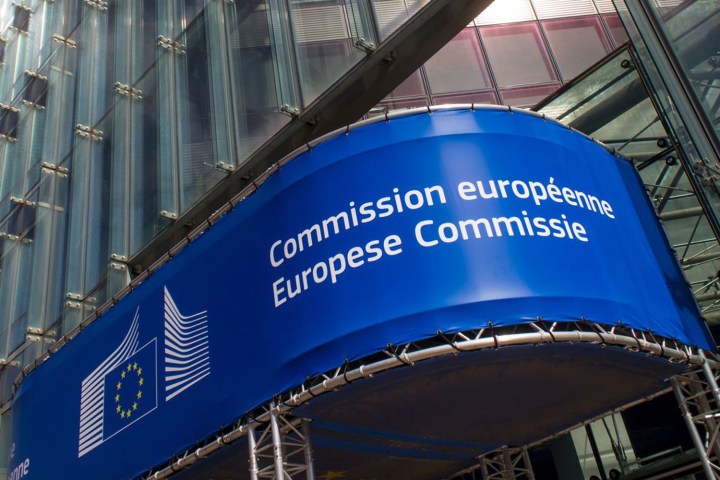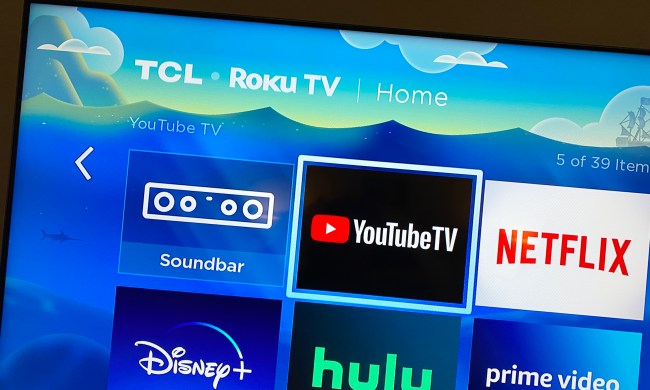
Updated on 7-14-2016: EU officially files third set of antitrust charges against Google, this time for advertising.
On Thursday, Margrethe Vestager, Europe’s antitrust chief, officially filed the latest series of charges against the company, telling reporters in Brussels, “Google’s conduct, based on our evidence, is harmful to consumers. Google’s magnificent innovations don’t give it the right to deny competitors the chance to innovate.”
Should Google be found guilty of the accusations, the search engine behemoth could be looking at fines of up to 10 percent of its global revenue, which translates to a whopping $7 billion.
This is nothing Google isn’t accustomed to at this point — the first set of antitrust charges claimed that Google manipulated search results in the interest of its own products, and the second claimed that Google twisted the arms of Android manufacturers to make Google their default search engine and install its app. And now, the EU versus Google fight continues, as the latest set of charges seem set to be filed by August.
At the core of the EU’s complaint appears to be the degree to which Google “prevents or obstructs website operators from placing ads on their websites that compete” with the company’s own advertising practices, the Wall Street Journal reports. Also at issue is whether or not Google actually prevents other advertisers who use its auction-based advertising platform from migrating to other search advertising services.
This isn’t the first time Google has gotten in trouble for advertising. In 2013, the U.S. Federal Trade Commission ended its own investigation after the tech giant agreed to remove similar barriers to cross-platform campaigns. But it’s unclear if the company will get off as easily in the EU’s investigation. Margrethe Vestager, the EU’s antitrust chief, has noted that the European Commission will be “advancing” its investigations. And given that advertising comprised around 90 percent of Google’s $75 billion in revenue last year, there could be major implications riding on this most recent scuffle.

